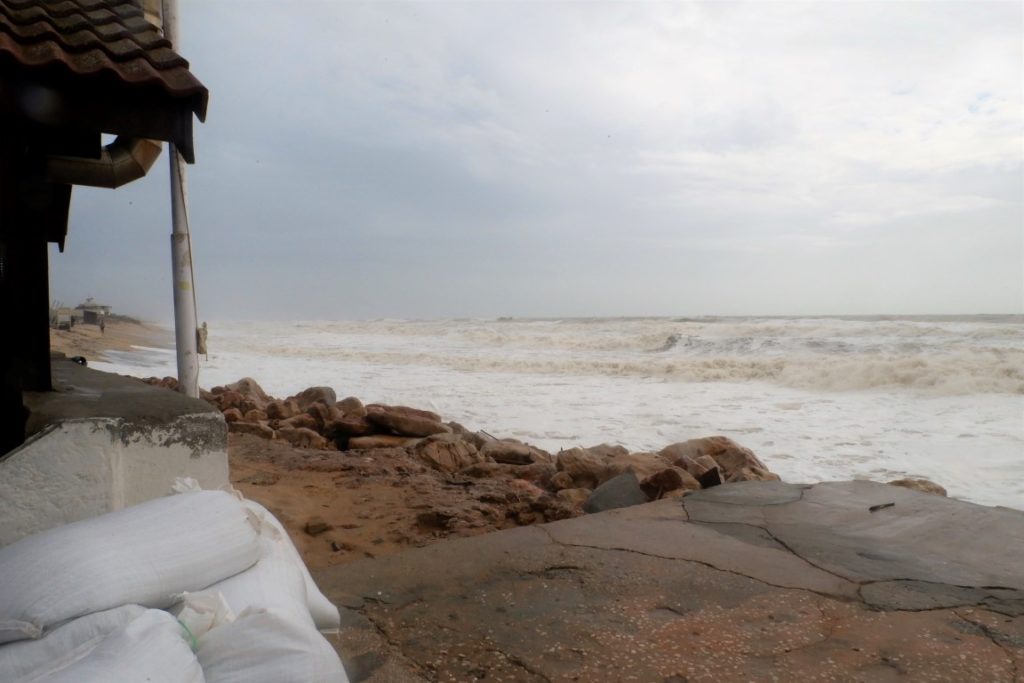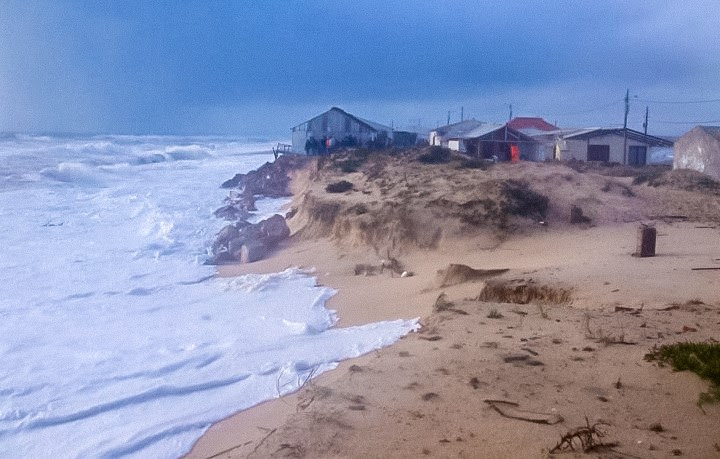Researchers Rita Domingues and Óscar Ferreira, from the Center for Marine and Environmental Research (CIMA), in collaboration with Saúl Neves de Jesus, from the Center for Research in Tourism, Sustainability and Well-being, at the University of Algarve, have just published an article on the relationship between attachment to place and the perception of coastal risks among residents of Praia de Faro.
The aim of this study is to understand the effect of emotional attachment to the beach and experience with coastal threats on residents' perception of risk, and the impact of risk perception on the adoption of preventive behaviors in the face of potential coastal threats.
The study was based on the administration of a self-report questionnaire to approximately 130 residents of Praia de Faro.
According to researcher Rita Domingues, “it is observed that residents of many places exposed to natural threats, such as Praia de Faro, they feel safe and don't want to move to safer areas”.
According to the researcher, “this attitude towards risk is not related to a lack of information or knowledge (in fact, the residents of the beach of Faro, especially the fishermen, have vast knowledge about coastal processes), but with a strong emotional connection to the place, which reduces their perception of risk”.
According to this study, “it is a way of dealing psychologically with the threat, in a process known as risk normalization”.
The article was published in the magazine International Journal of Disaster Risk Reduction and can be consulted by clicking here.




















Comments